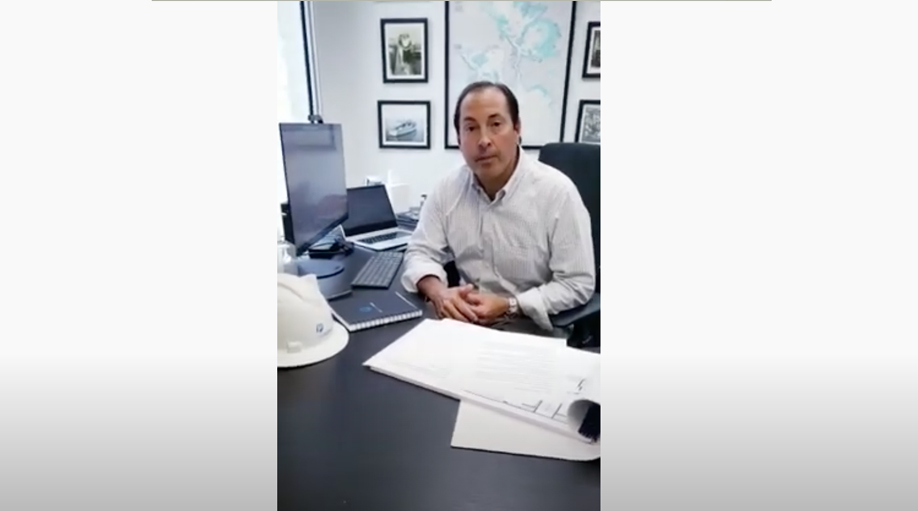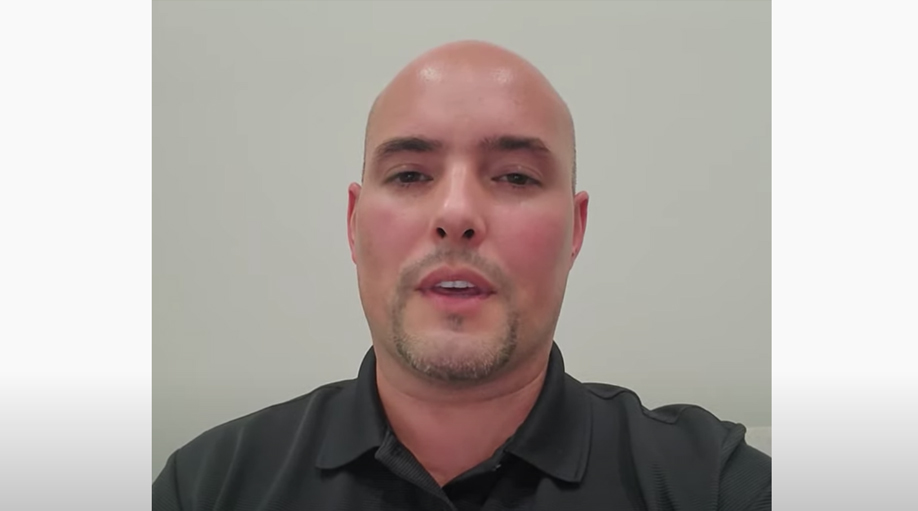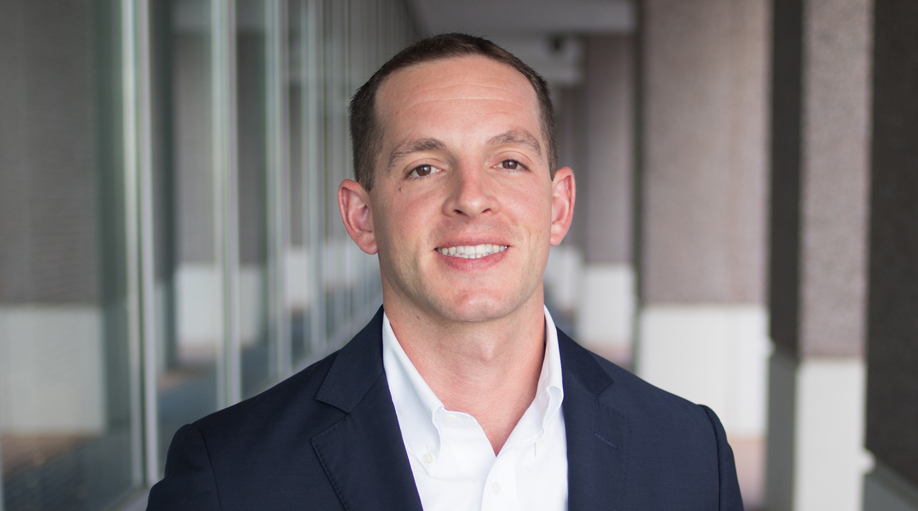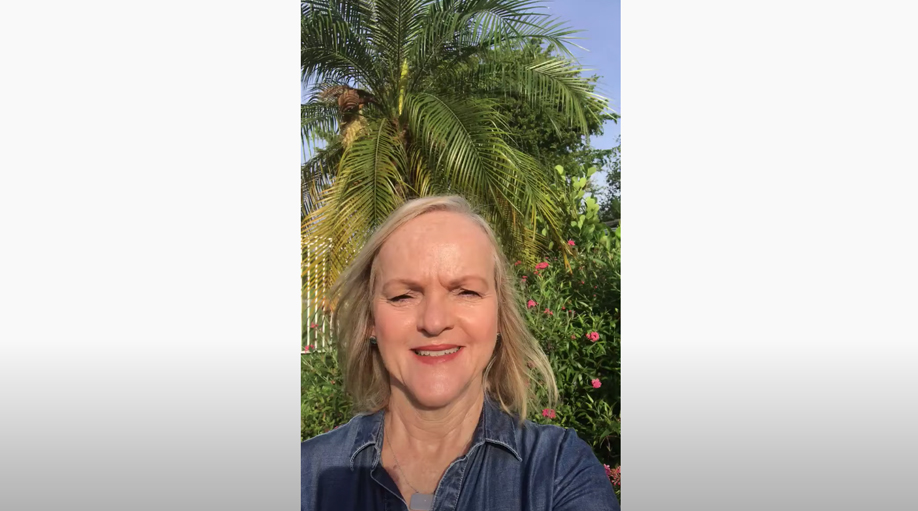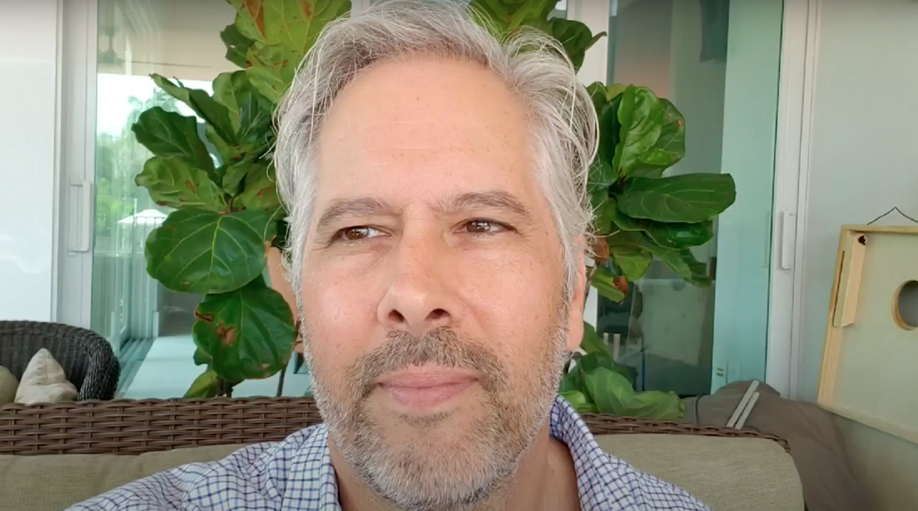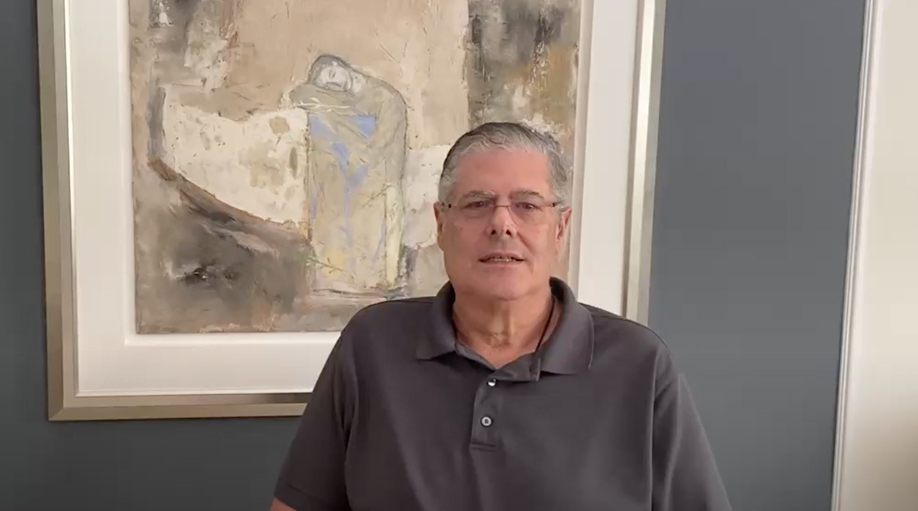As we miss the collegiality and information flow of daily life – and great events including CIASF’s – we have launched question and answer sessions with key real estate executives and thought leaders. Duke Realty’s Stephanie Rodriguez joins this series with her view of conducting business in the eyes of the pandemic.
Stephanie, we appreciate your time in talking with us and your leadership on CIASF’s Board. Any initial comments on how life has changed?
What I have witnessed is that people miss seeing faces. I am not usually behind a desk all day. We are all starving for human contact.
Other than the fact that we Zoom and Facetime as a substitute for actually seeing each other, do you see business conversations changing?
Yes, I am dealing with about 10 conversations per day about COVID – sometimes in the context of discussing how the pandemic affects business, sometimes in the context of trying to collect rent or fielding rent relief requests. LinkedIn has been very busy – I am getting 5 to 10 requests every day to connect. Yesterday I received a connection request from a college friend who is now a mortgage broker. But his description of what he does is that he is a “dream facilitator”. I don’t think we would have seen a description like that in February!
How do you think our way of business is changing as a result of this crisis?
We are seeing people get more creative and embracing technology –filming the inside of a giant warehouse, handling virtual showings, zoom calls instead of in-person meetings to negotiate deals or simply collaborate. Why are we doing zoom calls only now? Since we’ve been locked down we are regular participants, but they add a lot to the traditional phone call.
Assuming that some current technology will persist once we do business in person again, do you anticipate other changes?
Hygiene is now a primary topic prior to touring. Will we have masks going forward? Hand sanitizers? We should be getting ready for this. When we get back to work our workplace will have a different face.
Do you see increased demand in any sector within your portfolio?
We were already seeing a spike in eCommerce. We were already on a great trajectory for those users, but through all of this and the “shelter in place” orders, people who may not have normally been inclined to use online services have learned to use those systems. Now that they have experienced the convenience of online shopping, they may not be so inclined to go back to the brick and mortar locations as they did before. As a result, I think we are going to see the eCommerce trend continue and spike. Even if people get past the risk of going to the store they are embracing the convenience factor of having the food brought to them. We have heard of some users hitting the market very aggressively in the last 4 weeks, looking for both large bulk storage and last-mile distribution facilities.
What are your thoughts on sectors other than eCommerce that may experience growth?
I think there certain sectors in the food business are faring better than others. Fresh produce is not moving as quickly. Dry goods, perishables, and frozen foods seem to be flying off the shelves. Paper goods as well, as there are none on the shelves right now.
What are your thoughts on the future of the industrial sector – which we understand to be Duke’s sole focus?
In recent years Duke has moved completely to industrial. Many analysts seem to think industrial will bounce back the quickest, which is reassuring for a group such as Duke Realty since we have development projects on the horizon and want to capitalize on the great momentum we had going into this.
How do you think that the industrial workplace will differ?
I think these differences will depend on the specific use of space. I do not think we will see tremendous impacts with bulk distribution facilities where there is a small office component and low numbers of people per square foot. An exception to this would be when it comes to driver interaction with people in the warehouse. Those are the questions that occupants will be more fully evaluating and will be thinking about moving forward. I think the real impact will be in facilities such as eCommerce with thousands of people under one roof. Will there be a shift of focus to robotics and automation? Will there be distancing guidelines for personnel? I think we are going to see adaptations, including by companies in manufacturing and assembly. We have manufacturing tenants that are still operating since they are considered essential businesses, but they have established new guidelines: they ensure employees have masks, they check employee’s temperatures, and they have adopted distancing guidelines.
What are you seeing from your tenants?
I equate this to being caught in a rip current. Normally I’m on the deal side; now I have shifted almost completely over to asset management. Just when I think I am going to make it back to shore and things have stabilized, I get six new calls from tenants who are struggling. Our 8.5MM square foot portfolio in South Florida was roughly 99% leased when we went into this crisis, so we have naturally focused on working with our current tenants. We initially had a few requests for rent relief from those who were related to the cruise industry. Now, we are seeing an uptick in rent relief requests. We really are triaging a bit on a daily basis with our entire team and all pitching into work with and stay in close contact with our customers.
Do you see tenant issues shifting?
In April, our receivables were in really good shape, in large part to the effort of our local team. May is going to be interesting. It will be interesting to see how this develops as the crisis lingers and people feel the longer term of effects of diminished business. A lot of the South Florida tenant base is local credit and the strength of these business is handling their business, not handling something complex like this. As such, we have been helping these tenants by educating them on the resources that are available to assist them. Unfortunately, the PPP ran out of funds so some of these groups have been left without support. We are watching closely what is going to come next out of Washington in response to this.
Enjoyed this Q&A and want to share? Click here.

